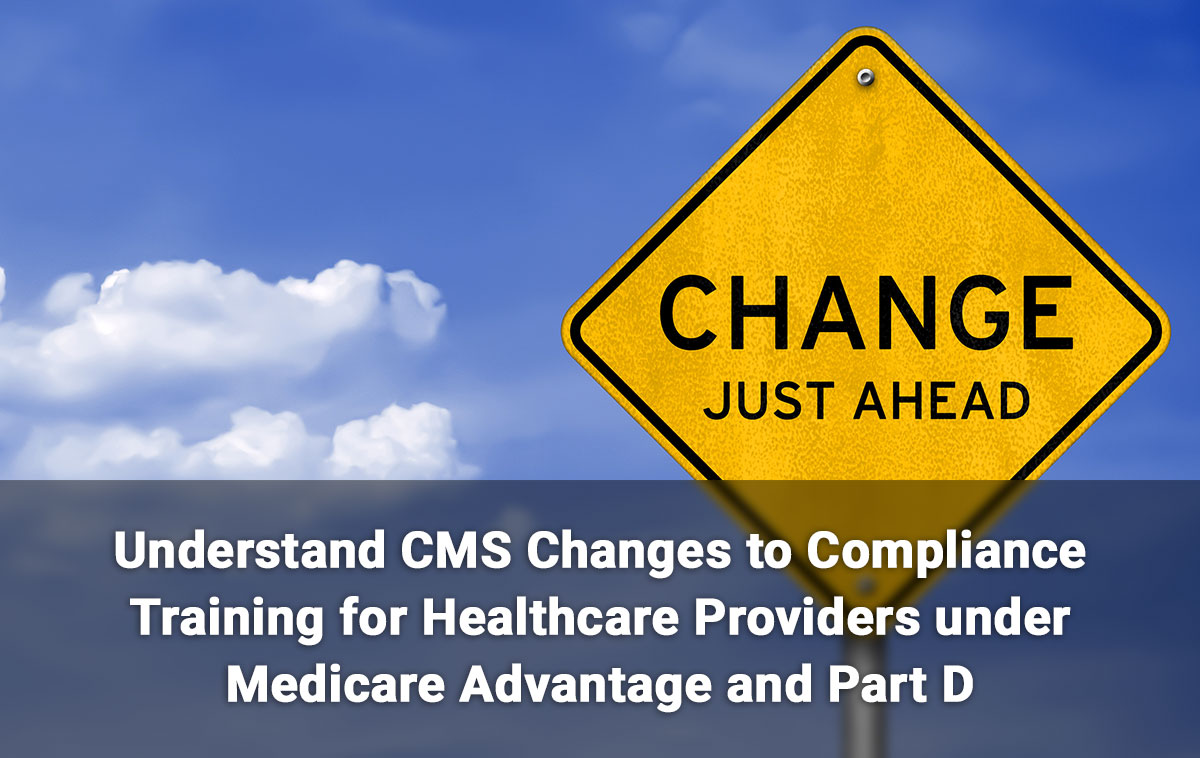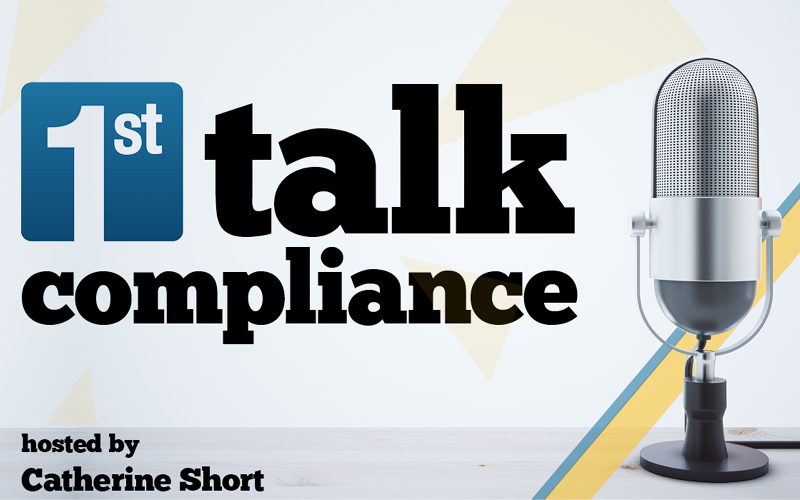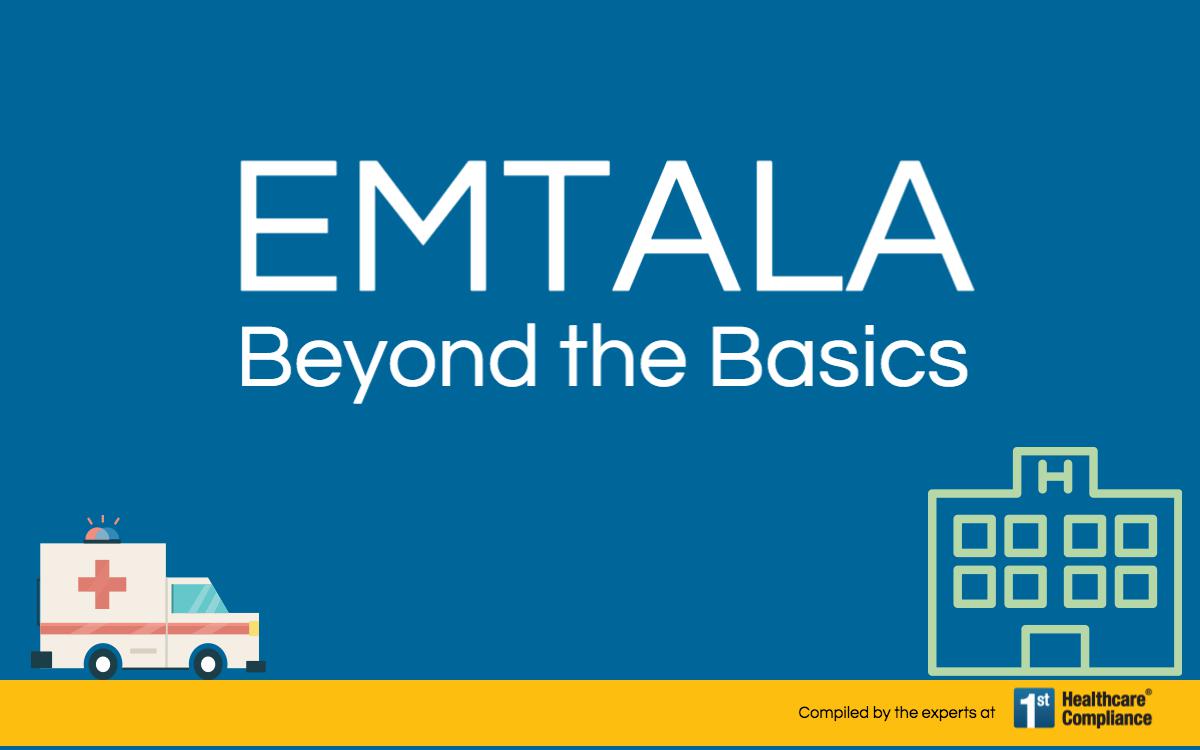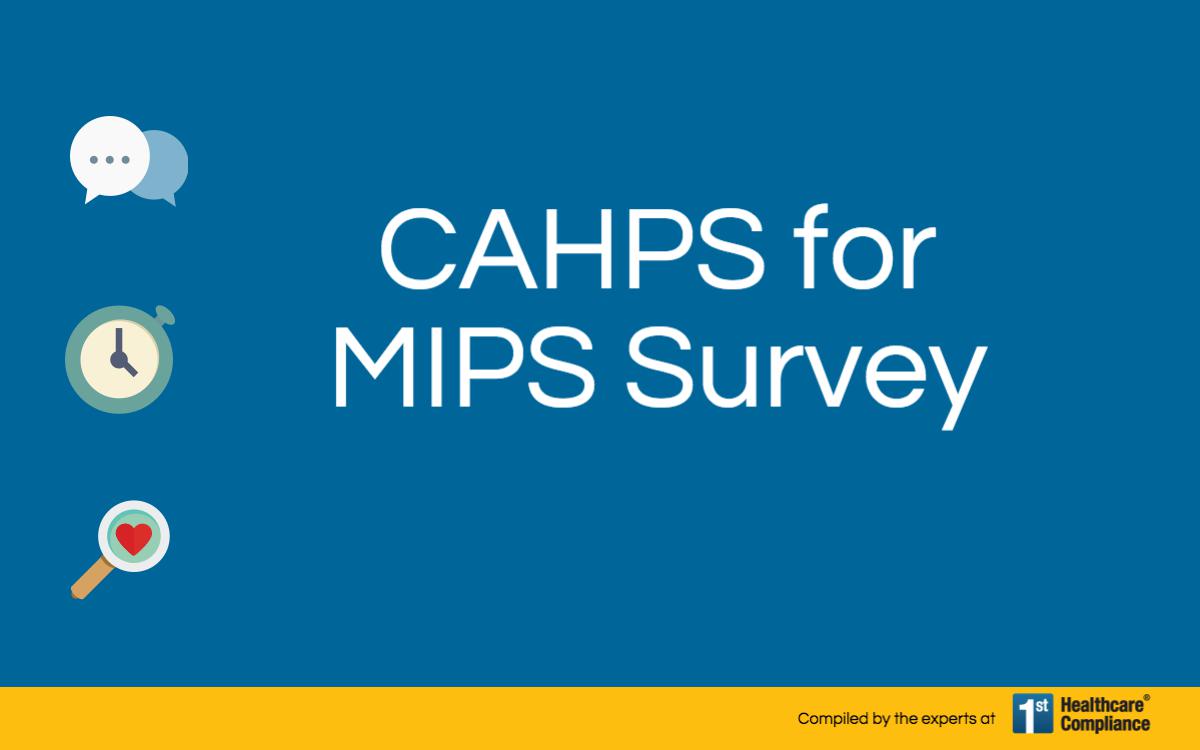Understand CMS Changes to Compliance Training for Healthcare Providers under Medicare Advantage and Part D
Establishing and maintaining a well-designed compliance program is key to preventing, detecting, and mitigating noncompliance. The seven elements of an effective compliance program outlined in the Federal Sentencing Guidelines, sets the framework but there are additional requirements that need to be integrated into the compliance program in order to be effective. The Centers for Medicare & Medicaid Services (“CMS”) requires Medicare Advantage (Part C) plan sponsors and Medicare Prescription Drug (Part D) plan sponsors to follow certain compliance program requirements as part of their contract. Plan sponsors are responsible for ensuring First Tier, Downstream and Related Entities (FDR), such as participating healthcare providers, also comply with these program requirements.
- First Tier Entity – A party that enters into a written arrangement with a Medicare Advantage Organization or Part D plan sponsor or applicant to provide administrative services or health care services to a Medicare-eligible individual.
- Downstream Entity – A party that enters into a written arrangement with a First Tier entity for the provision of administrative services or health care services to a Medicare eligible individual.
- Related Entity – An entity that is related to a Medicare Advantage Organization or Part D sponsor by common ownership or control and 1) performs management functions under contract or delegation, 2) furnishes services to Medicare enrollees under an oral or written agreement, or 3) leases real property or sells materials to the Medicare Advantage Organization or Part D plan sponsor at a cost of more than $2,500 during a contract period.
As a result of the FDR relationship, many healthcare providers must submit attestations and/or certifications of compliance to their third-party payors as evidence of their compliance efforts. However, as of January 1, 2019, CMS updated its compliance requirements to no longer require healthcare providers participating in Medicare Advantage and Part D to complete CMS issued web-based general compliance training and fraud, waste, and abuse training.
This change arises from providers being subjected to multiple plan sponsors training program requirements, creating administrative burden and inefficiencies in the compliance program training and education element. According to CMS “[plan sponsor] compliance programs are very well established and have grown more sophisticated since their inception,” allowing them to remove this requirement.
Plan sponsors are still required to develop an effective oversight structure for their FDRs and must continue to monitor and audit FDRs. While CMS removed the use of CMS developed training requirements, plan sponsors have discretion to include their own compliance program training requirement as part of their contracts with FDRs. Therefore, FDRs, such as healthcare providers, must review their plan sponsor contracts to determine if they must continue using CMS training materials or are subject to modified compliance training requirements. For healthcare providers that continue to use CMS training materials, note that CMS updated its general compliance and fraud, waste, and abuse web-based online courses within its Medical Learning Network as of April 2020.
Incorporating appropriate software tools into your compliance strategy will help streamline processes and serve as your first line of defense against these significant risks areas. First Healthcare Compliance’s cloud-based software offers solutions to fit your organization. Contact us today for a quick demonstration of our compliance management software solution.






